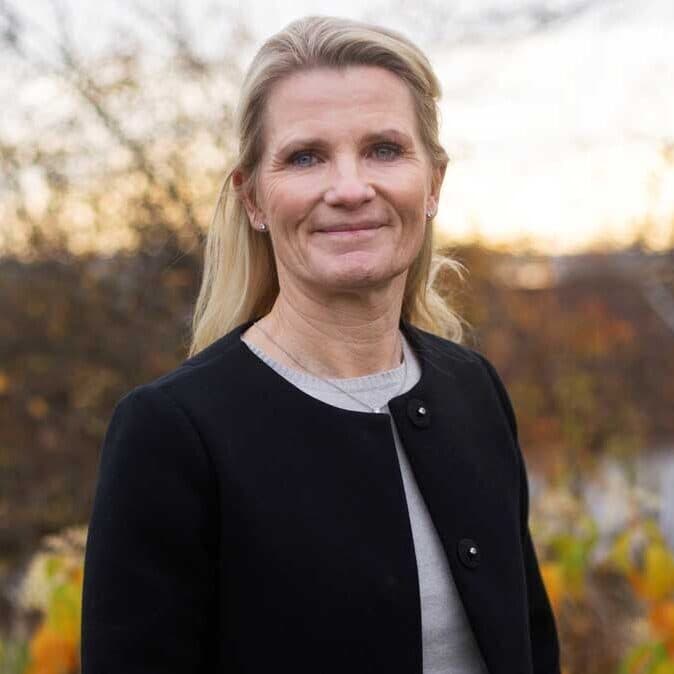Food and Agriculture
The entire value chain for food must work together to turn the food system in a more climate-friendly direction.

Diet in line with the dietary guidelines, less food waste, better utilization of resources, more circular solutions and new technology. These are key terms in Skift's work with food and agriculture.
The entire value chain for food needs to cooperate in order to steer the food system in a more climate-friendly direction.
Skift's Food and Agriculture Working Group aims to drive lasting change that promotes sustainable food production and consumption in Norway, while reducing greenhouse gas emissions. The measures also seek to ensure access to nutritious food, safeguard environmental health and biodiversity, promote public health, strengthen soil and animal health, protect vulnerable natural areas, and support employment, cultural landscapes and vibrant rural communities.
The working group points to five key areas for turning the food system in a more climate-friendly direction:
Within these areas, the working group has established shared goals and commitments and has initiated collaborative projects.
Joint obligations:
- Reduce own food waste by at least 50% by 2030 at the latest, and at least half of this before 2025
- Ensure that all new plastic must be 100% recyclable and consist of at least 30% recycled plastic material by 2025
- Increased circularity for food and beverage packaging based on new technology and consumers' demands for sustainable solutions
- Only use renewable energy by the end of 2030
- Residual raw materials and food waste must not be incinerated, unless necessary for safety reasons














